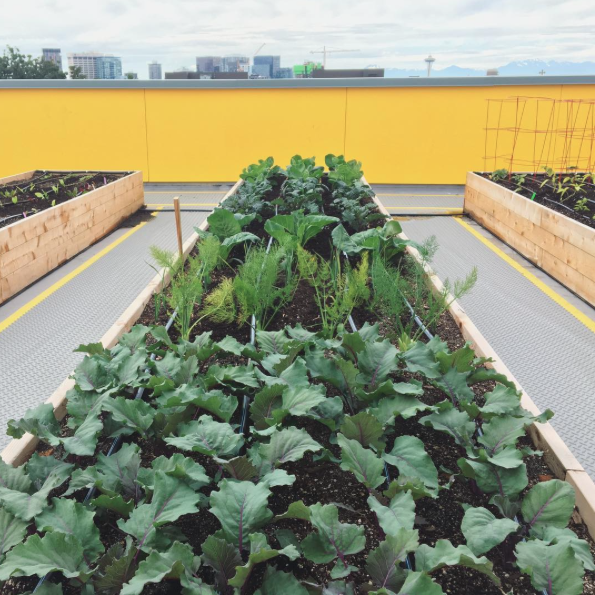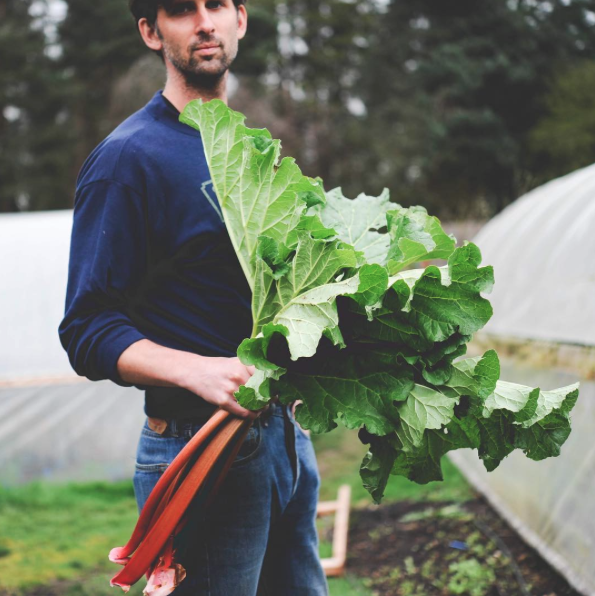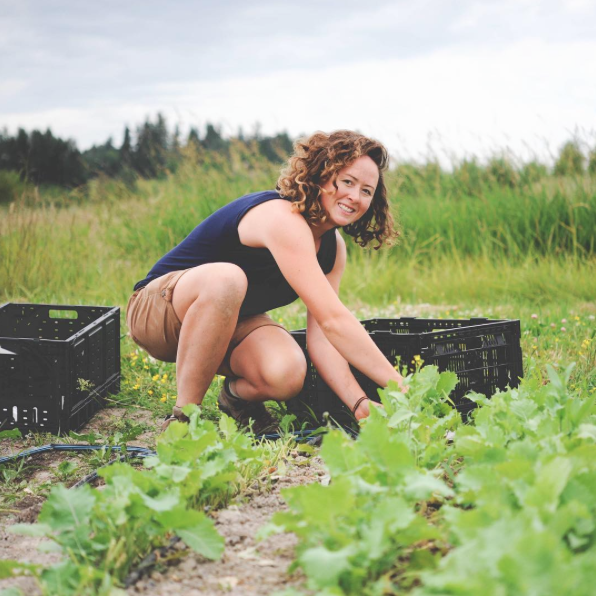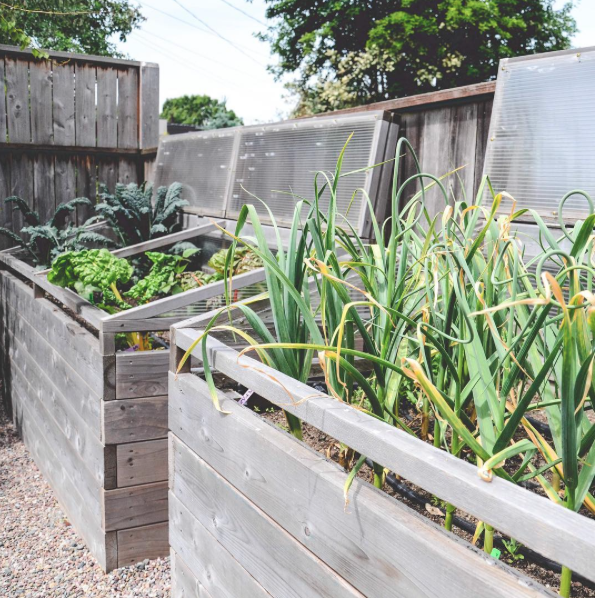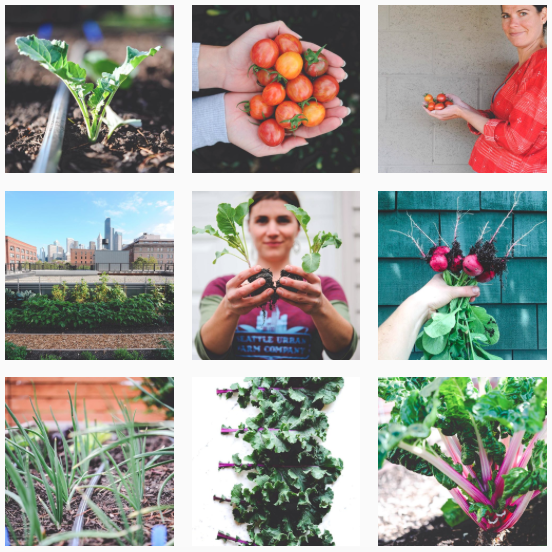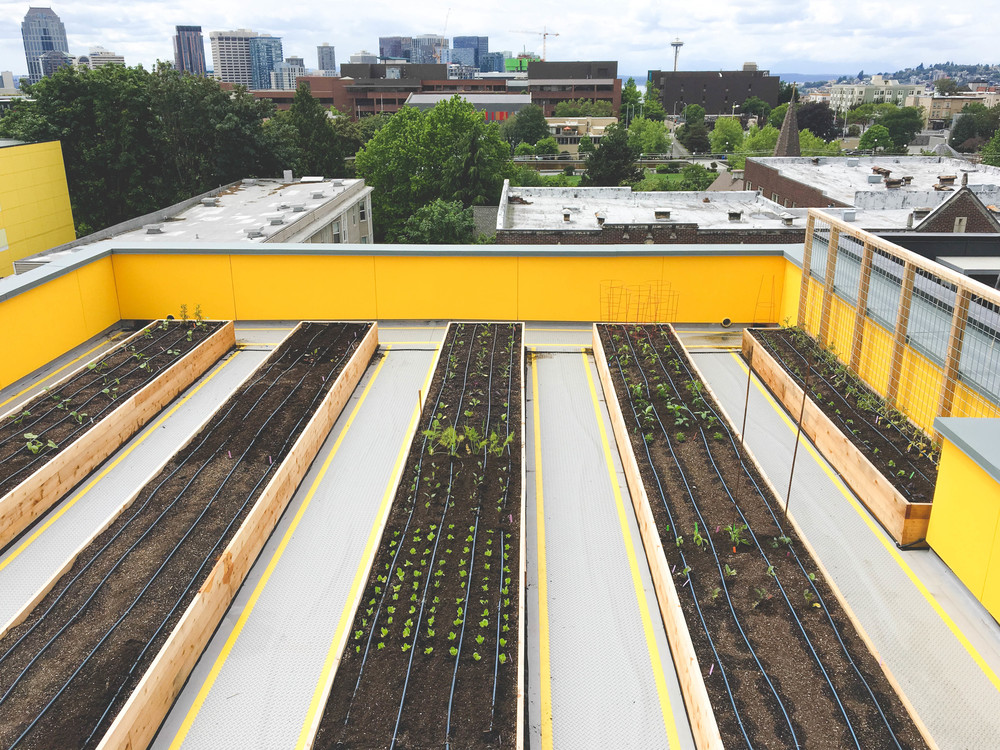Urban Organic Gardener Interviewing @SeattleUrbanFarmCo.
The Seattle Urban Farm Company has a rich and passionate philosophy which is “we thrive on pioneering new ideas and empowering city dwellers to reap the rewards of local food production. We believe that sustainable urban agriculture can promote healthy diets, environmental stewardship, stronger communities and improved quality of life. We hope that developing economically sound, city-based farming ventures will increase public awareness of agricultural issues and foster a greater appreciation of farmers everywhere.”
What Grow Zone do you live in?
Seattle is in USDA Plant Hardiness Zone 8b
Seattle Urban Farm Company started in 2007. The idea was to provide a service that would help beginning vegetable growers find success. We help clients design, build and maintain their gardens, creating beautiful and productive spaces year-round. Our blog and social media outlets have sprung from the idea that, homegrown food production is a great tool for community-building both online and off.
Most traditional vegetable crops grow well in our climate. In particular, brassica crops like kale, cabbage and broccoli love the mild temperatures. Additionally, because we have relatively cool weather even during summer nights, salad greens like lettuce and arugula can be grown through most of the season. Heat loving crops like tomatoes and basil can be challenging, but most growers find ways to adapt their growing practices to make even these plants successful. The Pacific Northwest is also a great climate for perennial fruits like blueberries, strawberries and raspberries.
















